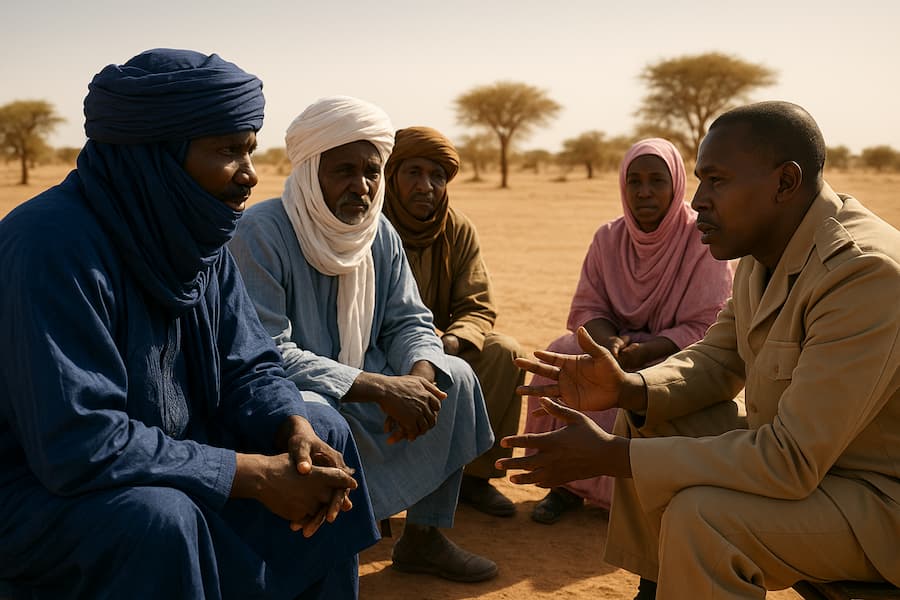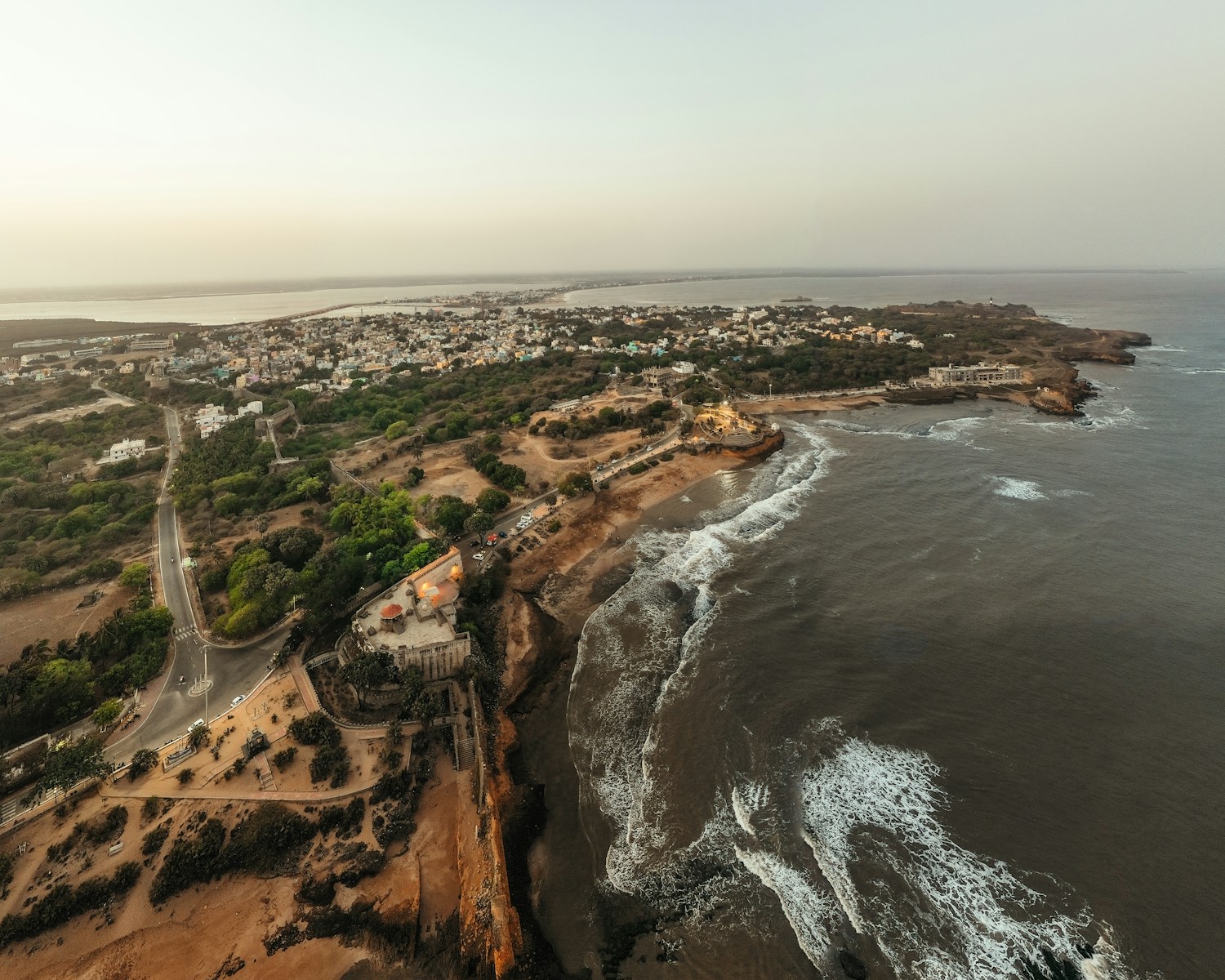dialogue Touaregs Niger: 5 Powerful Lessons for Positive Peace
The journey of peace in Niger has long been complicated by historical tensions between the state and the Tuareg communities. Yet, the emergence of dialogue Touaregs Niger marks a turning point, offering a pathway toward sustainable and positive peace. By learning from past conflicts and prioritizing trust and reconciliation, Niger is laying the groundwork for a more harmonious future.
Understanding the Roots of Conflict
The friction between the Tuareg communities and the state is deeply rooted in decades of marginalization, unequal regional development, and limited economic opportunities. Past rebellions highlighted the urgent need for recognition and justice. Acknowledging these underlying causes is essential, not only for uncovering the truth but also for establishing a solid foundation for long-term peace. The dialogue Touaregs Niger initiative focuses on analyzing history to avoid repeating past mistakes, ensuring lessons learned translate into constructive action.
The Weight of Traditions in Peacebuilding
Tuareg traditional structures hold a central place in fostering dialogue and peace. Community leaders and respected elders wield moral authority that can surpass formal institutions. By engaging these trusted figures, dialogue Touaregs Niger has successfully built a shared language that resonates with both local communities and political decision-makers. This strategic inclusion has helped reduce tensions and strengthen the legitimacy of the peace process, demonstrating the power of tradition in modern conflict resolution.
Empowering Youth and Women
Often overlooked yet crucial, the active participation of youth and women brings fresh energy and innovative ideas to the dialogue. Their involvement makes dialogue Touaregs Niger more representative, dynamic, and forward-looking. By amplifying these voices, both state authorities and community leaders signal that sustainable peace cannot exist without social equity and inclusion. Encouraging diverse participation ensures that the process reflects the aspirations of all segments of society.
Building Trust Through Dialogue
Trust remains the cornerstone of any lasting peace. In Niger, decades of conflict eroded confidence between the state and Tuareg communities. The dialogue Touaregs Niger initiative emphasizes consistent communication, transparency, and mutual respect as key elements to rebuild trust. By creating safe spaces for open conversations, stakeholders can address grievances, clarify misunderstandings, and foster a cooperative environment conducive to long-term reconciliation.
Leveraging Mediation and Conflict Resolution Tools
Effective mediation techniques play a pivotal role in resolving disputes. Experienced mediators guide discussions, ensuring that every voice is heard while steering the dialogue toward practical solutions. Resources like The Carter Center on Peacebuilding provide valuable strategies and case studies that dialogue Touaregs Niger can adapt to its context. Incorporating these tools strengthens the process, making agreements more durable and widely accepted.
Economic Empowerment as a Peace Strategy
Economic opportunities are essential to sustaining peace. Marginalized communities are less likely to remain committed to dialogue without access to jobs, education, and entrepreneurship programs. By integrating development initiatives with dialogue Touaregs Niger, Niger ensures that peace is not just theoretical but also tangible, creating incentives for continued cooperation and social stability. Economic empowerment thus becomes a critical pillar alongside cultural understanding and mediation efforts.
Promoting Education and Cultural Awareness
Education plays a vital role in fostering understanding and preventing future conflicts. Through initiatives linked to dialogue Touaregs Niger, both the state and local communities emphasize curricula that respect Tuareg culture while promoting civic values. Awareness campaigns help bridge gaps between communities, reducing prejudice and encouraging empathy. Education becomes not only a tool for knowledge but also a mechanism for lasting social cohesion.
Strengthening Local Governance and Participation
Inclusive governance is key to sustaining peace. By empowering local councils and integrating community voices into decision-making processes, dialogue Touaregs Niger ensures policies reflect the needs and aspirations of the people. For more insights on inclusive governance, see our related article Inclusive Governance in Niger. Engaging citizens at all levels promotes accountability, transparency, and a sense of ownership over peace initiatives.
Monitoring and Evaluating Progress
Continuous monitoring ensures that agreements are implemented effectively and that setbacks are addressed promptly. dialogue Touaregs Niger uses structured evaluation frameworks to track milestones, gather feedback, and adjust strategies accordingly. This iterative approach not only enhances the credibility of the process but also allows the initiative to evolve in response to changing circumstances, maintaining momentum toward sustainable positive peace.
Celebrating Achievements and Fostering Hope
Recognizing progress is crucial to maintaining motivation and commitment. dialogue Touaregs Niger celebrates milestones, whether through successful agreements, increased participation of youth and women, or improved community relations. Highlighting achievements reinforces the value of the process, inspires continued engagement, and cultivates hope for a future where peace is not just aspirational but lived daily.
Conclusion
The journey toward sustainable peace in Niger demonstrates that reconciliation requires more than agreements on paper. dialogue Touaregs Niger shows how acknowledging historical grievances, leveraging traditions, empowering youth and women, promoting education, and ensuring economic opportunities all contribute to a positive and lasting peace. By learning from these five powerful lessons, Niger sets an inspiring example for conflict resolution and community cohesion across the region.




